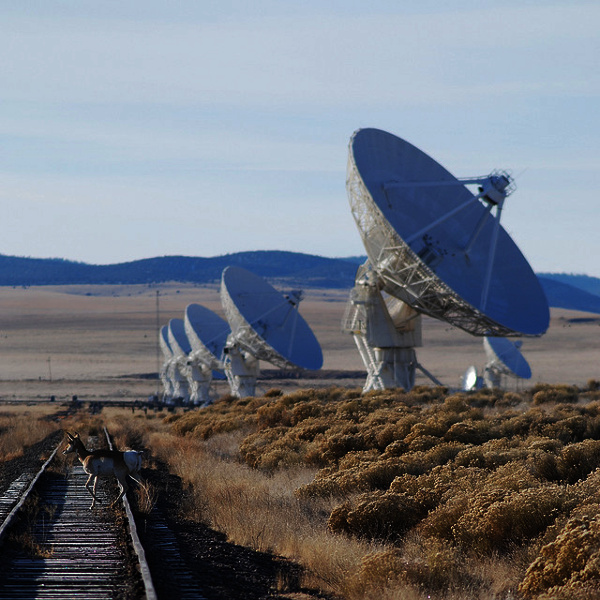India will get its own eye in the sky to warn it about space debris that could potentially threaten its satellites and other space assets.
The Indian Space Research Organisation (ISRO) has said that it is working on telescopes and radars that will enable it to track potential risks to its 50 functional satellites in space. At the moment, the agency depends on data from Norad (North America Aerospace Defense Command), ISRO Chief K Sivan told The Times of India.
Sivan said that telescopes and radars would be set up at four locations: Ponmudi in Thiruvananthapuram (Kerala), Mount Abu (Rajasthan), and one each in the deep north and the northeast regions. He added that ISRO’s sophisticated multi-object tracking radar installed in Nellore (90km from Sriharikota) would also be a part of the project.
The telescope network will be set up under the Directorate of Space Situational Awareness and Management at Peenya Bengaluru. The foundation stone of the Directorate was laid on August 2.
A press release issued by ISRO said that the Directorate will assimilate tracking data of inactive satellites from indigenous observation facilities and generate useful information from bare observations through analysis. It added that ‘…the control centre would enable research activities pertaining to active debris removal, space debris modelling and mitigation’.
Debris like inactive satellites, pieces of orbiting objects, near-earth asteroids poses a risk to space assets. Adverse space weather conditions are another risk.
In March this year, India had test-fired an anti-satellite (ASAT) missile jointly developed by the Defence Research and Development Organisation and ISRO. The missile destroyed an Indian satellite in Low Earth Orbit as a demonstration of India’s space defence capabilities.
Source: Weather
Image Courtesy: Kuriositas
You may also like
-
Dot Simplifies Approval Processes For Telecom Licenses And Wireless Equipment
-
PM to Inaugurate SEMICON India 2024 on 11th September
-
Shri Piyush Goyal Sets 500 Million Tonnes Domestic Steel Production Target by 2034
-
NHAI to Track Around 100 Toll Plazas with GIS-Based Software for Seamless Movement of Traffic at National Highways
-
“Marching Towards Building A Digitally Connected Bharat and An Atmanirbhar Telecom Sector”: Union Minister Jyotiraditya Scindia
